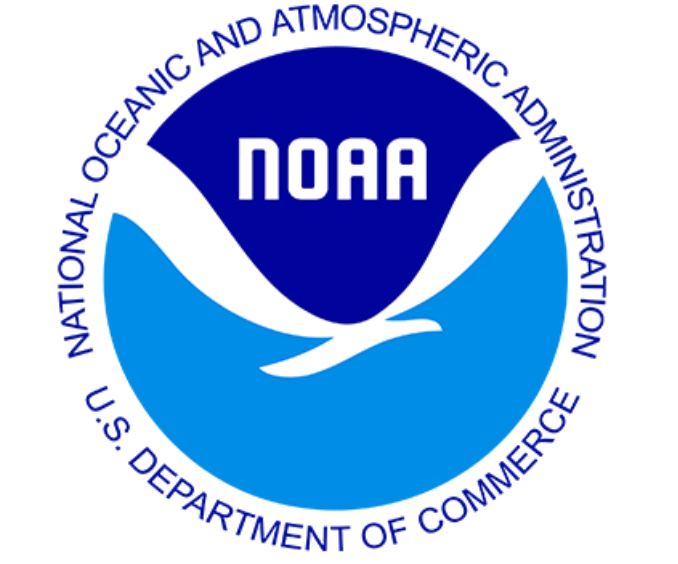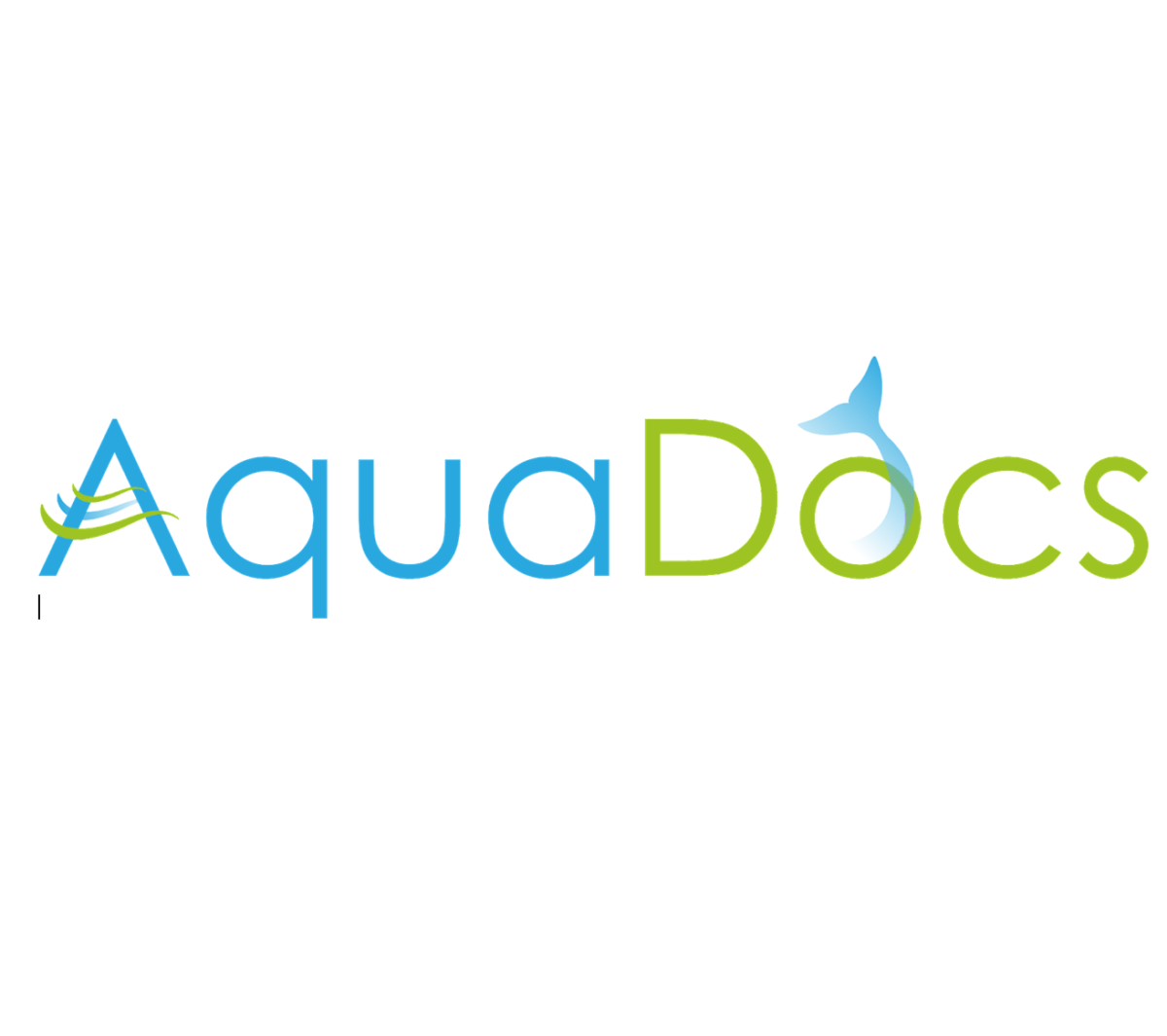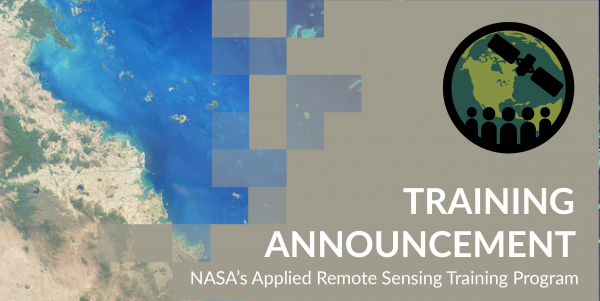- NSDIS-NCEI-2021-0040 (Direct Hiring Authority)
- Opens: 09/092021
- Closes: 09/22/2021
News
Vacancy Announcement: Remote Sensing Lectureship
Fixed term lectureship in remote sensing (24 months)
Depending on skills and experience, this position is offered at grade 7 or grade 8:
Grade 7: £34,304 – £40,927 p.a.
Grade 8: £42,149 – £50,296 p.a.
The closing date for applications is midnight on Sunday 12 September 2021
Interviews are expected to take place on Friday 24 September 2021
https://www.stir.ac.uk/about/work-at-stirling/list/details/?jobId=2664&jobTitle=Lecturer%20in%20Remote%20Sensing
We are seeking to appoint a highly motivated individual to support the research and teaching initiatives within Biological and Environmental Sciences.
Environmental and ecological processes operate over a range of spatiotemporal scales. The assessment of the impact of environmental change necessitates observations across these scales and often at high frequency. The successful candidate will join a vibrant research group that is pioneering in the use of optical and radar-based satellite remote sensing. The research group’s focus is largely around aquatic environments, especially in water quality and quantity and is supported by a number of EU Horizon 2020, UKRI NERC and European Space Agency funded research programmes. This position is not restricted to a water focus and candidates with a wider research portfolio are also encouraged.
For further information and informal discussion, please contact Professor Kirsty Park (k.j.park@stir.ac.uk).
Introducing AquaDocs – a joint open access publications repository
AquaDocs is a new joint open access repository of the UNESCO/IOC International Oceanographic Data and Information Exchange (IODE) and the International Association of Aquatic and Marine Science Libraries and Information Centers (IAMSLIC) with support from the FAO Aquatic Sciences and Fisheries Abstracts (ASFA). AquaDocs will benefit research communities and society at large by:
-
-
-
making aquatic and marine science information FAIR (Findable, Accessible, Interoperable, Reusable)
-
-
-
-
-
offering a repository platform to organizations and individuals without the infrastructure to support their own
-
-
-
-
-
providing a capacity development opportunity for the IODE and IAMSLIC communities
-
-
AquaDocs has been created by merging content from OceanDocs (IODE) and Aquatic Commons (IAMSLIC), two existing repositories with similar foci and overlapping user communities. By combining efforts to fund and operate one repository, AquaDocs offers a more streamlined and sustainable solution.
The hosted Open Repository software, used by AquaDocs, offers several new features, including a multilingual interface, user export of metadata, sharing of items through social media, usage statistics and Altmetrics, author profile pages, batch uploading of metadata with PDFs, and a metadata quality module.
Many individuals were involved in the development of AquaDocs, notably the Joint Repository Working Group with membership from the Aquatic Commons Board, OceanDocs Steering Group, IODE Project Office, and FAO ASFA Secretariat. WorldFish is responsible for the beautifully designed logo and branding.
If you are interested in depositing publications into AquaDocs or have other questions about the new repository, please email us at: support@aquadocs.org
GEO AquaWatch and IWA sign Memorandum of Understanding
ARSET Training – Monitoring Coastal and Estuarine Water Quality: MODIS to VIIRS
Check out the upcoming NASA ARSET training (Available in Spanish too!)
September 14, 16, & 21, 2021: 11:00-12:30 EDT (UTC-4)
REGISTER 12:00 – 1:30 PM EDT (UTC-4)
Estuaries are water bodies where freshwater from rivers and streams meets with seawater. Coastal and estuarine waters are important to humans as they are highly productive habitats supporting a variety of fish and wildlife. These environments also provide resources, economic benefits, and ecosystem services. That being said, the water quality of these coastal and estuarine areas is of great importance. This is heavily influenced by the flow of nutrients and sediment from land-based sources. The flow of nitrogen and phosphorus in particular enhances algal bloom and hypoxia in the water, highly affecting benthic creatures like fish, shellfish, and crustaceans. Water quality in estuaries also depends on several factors such as their size, location, coastal land use, quality of freshwater runoff, and tidal effects from the sea.
Remote sensing observations from Aqua/MODIS have enabled us to monitor coastal and estuarine water quality since mid-2000. As MODIS nears the end of its mission, it is important to transition to VIIRS (first launched in 2011) to provide continuity with the MODIS instrument and add to the moderate-resolution, long-term data record of water quality monitoring in estuaries. This intermediate-level webinar will provide an overview of recent satellites and sensors used for extending the MODIS long-term water quality time series, specifically focusing on VIIRS image processing using the NASA Ocean Color software, SeaDAS. This webinar will point out similarities and differences between MODIS and VIIRS and demonstrate water quality monitoring procedures using these sensors in selected coastal and estuarine regions.
More details Click here:





